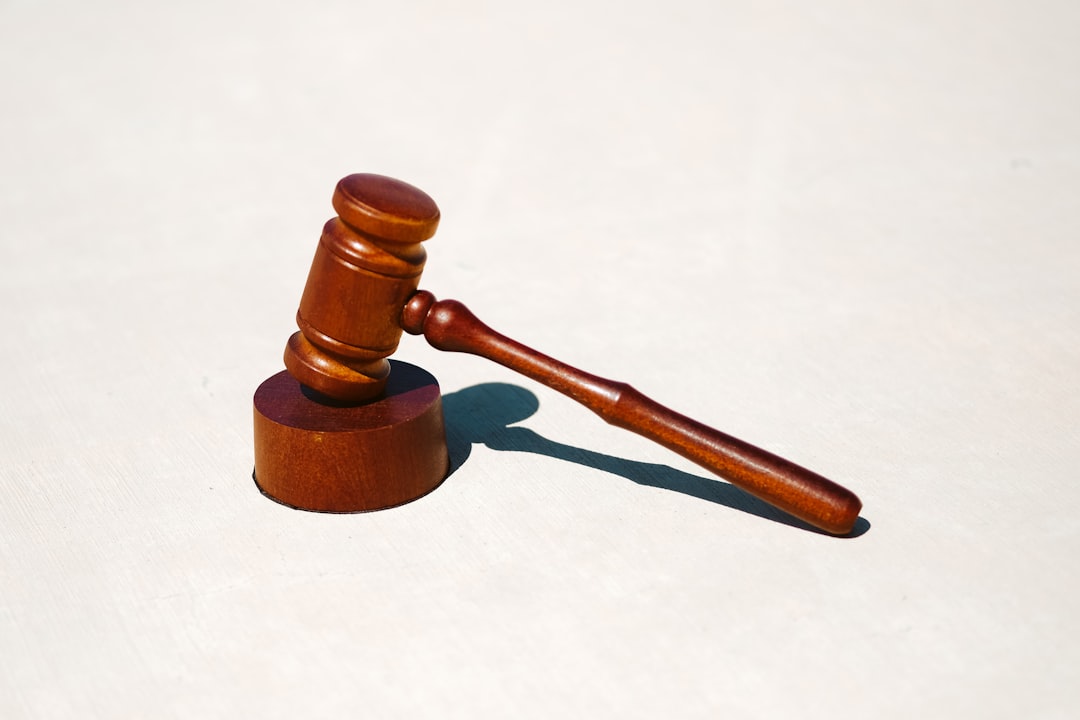Massage abuse in Maryland is a hidden issue with severe consequences for victims and communities. To combat this, the state must focus on rehabilitating offenders through robust reentry programs, legal guidance from massage abuse attorneys, and community collaboration. These efforts aim to restore trust, offer support services, and ensure ethical practices among former massage therapists. A massage abuse attorney Maryland can facilitate access to these resources, guiding clients towards healing and rebuilding their professional standing.
In Maryland, addressing massage abuse and its impact on victims is a critical step towards fostering a safer, more supportive environment. This article explores reentry programs for former massage therapist offenders, delving into the legal perspective and community engagement strategies. With an increase in reported cases, understanding the complexities of massage abuse and the rights of those affected is paramount. We discuss how tailored reentry initiatives can help therapists rebuild trust and revive their careers, guided by the expertise of Maryland massage abuse attorney advocates.
Understanding Massage Abuse and Its Impact in Maryland

Massage abuse, a hidden issue within the wellness industry, has significant implications for individuals and communities across Maryland. As a growing concern, it’s essential to shed light on cases where massage therapists exploit their clients, leading to physical, emotional, and psychological harm. These abusive practices often go unreported due to fear, shame, or lack of awareness, making it challenging to estimate the true extent of the problem. Many victims struggle with long-term effects, including anxiety, depression, and trust issues, impacting their overall well-being and ability to reintegrate into society.
Maryland, like many other states, faces the complex task of addressing this issue while ensuring that former offenders have a chance at redemption. The impact of massage abuse extends beyond individual victims; it can disrupt communities and erode public trust in therapeutic services. By implementing robust reentry programs, Maryland can work towards rehabilitating offenders and preventing future instances of massage abuse, fostering a safer and more supportive environment for both therapists and clients alike. A collaborative effort involving legal professionals, wellness centers, and support organizations is crucial to developing effective strategies that promote healing and hold perpetrators accountable.
Legal Perspective: Rights and Reconsideration for Offenders

In Maryland, as with many jurisdictions, former massage therapist offenders face a complex interplay between their rights and the need to address past misconduct. While they have the legal right to reconsideration and a fresh start, this process is often intricate and challenging. A massage abuse attorney in Maryland can play a crucial role in guiding these individuals through the legal system, ensuring their rights are protected while helping them navigate reentry programs effectively.
These programs aim to facilitate their return to society by providing support services, counseling, and job training, among other resources. The goal is to help former offenders regain their independence, find gainful employment, and rebuild their lives responsibly. However, the legal perspective remains integral, as compliance with any relevant laws and regulations is essential for a successful reintegration into the community.
Creating Supportive Reentry Programs for Therapists

Reentry programs tailored to former massage therapist offenders in Maryland can significantly contribute to their successful reintegration into society. These programs should focus on providing a supportive environment, addressing any legal concerns, and offering specialized training to regain their professional standing. With the help of experienced massage abuse attorneys in Maryland, participants can navigate legal obstacles and understand their rights.
Supportive services might include counseling sessions, mentorship programs, and workshops on ethical practices and regulatory requirements. By fostering a sense of community and offering practical guidance, these reentry initiatives ensure that therapists are prepared to meet industry standards while rebuilding trust with clients and colleagues.
Community Engagement: Rebuilding Trust and Careers

In Maryland, where a significant number of massage therapy professionals have been affected by past convictions, community engagement plays a pivotal role in successful reentry. Rebuilding trust is essential for former therapists to rejoin the industry and restore their careers. This process involves active participation in local initiatives and outreach programs that showcase their rehabilitation and commitment to ethical practice. By engaging with communities, they can address any fears or misconceptions surrounding massage abuse and demonstrate their dedication to providing safe, therapeutic services.
Community partnerships between former offenders and established massage therapy practices, non-profits, and regulatory bodies can facilitate this reintegration. These collaborations offer opportunities for mentorship, skill enhancement, and exposure to diverse client groups. With the support of a massage abuse attorney Maryland advocates for, such programs can help rebuild reputations, foster trust, and ultimately contribute to the healing process for both the therapists and the communities they serve.





